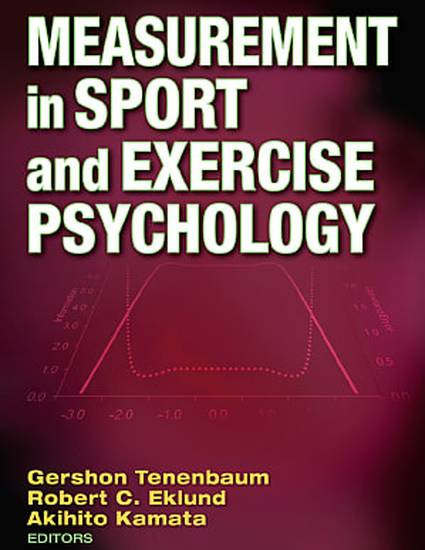
Contribution to Book
Physical self-concept
Measurement in Sport and Exercise Psychology
(2012)
Abstract
The new emphasis in psychology is on positive psychology-on how healthy, normal, and exceptional individuals can get the most from life (e.g., Marsh & Craven, 2006; Seligman & Csikszentmilialyi, 2000; Vallerand et al., 2003). Consistent with this emphasis, a positive self-concept is valued as a desirable outcome in sport, exercise, and health psychology as well as in many other disciplines (e.g., developmental, mental health, social, personality, and educational psychology). Methodologists are concerned with particular measurement and methodological issues inherent in the study of self-concept. Researchers with a major focus on other constructs also are often interested in how constructs in their research are related to self-concept. Professionals, practitioners, and policy makers in many areas of social services and welfare seek to improve the self-perspectives of their clients. Hence, self-concept is valued widely as a desirable outcome.
Keywords
- self-concept,
- identity
Disciplines
Publication Date
January 1, 2012
Editor
G. Tenenbaum, R. C. Eklund, & A. Kamata
Publisher
Human Kinetics
ISBN
9781492596332
DOI
https://doi.org/10.5040/9781492596332
Citation Information
Herbert W Marsh and Jacqueline H Cheng. "Physical self-concept" Champaign, ILMeasurement in Sport and Exercise Psychology (2012) p. 215 - 226 Available at: http://works.bepress.com/jacqueline-cheng/2/
